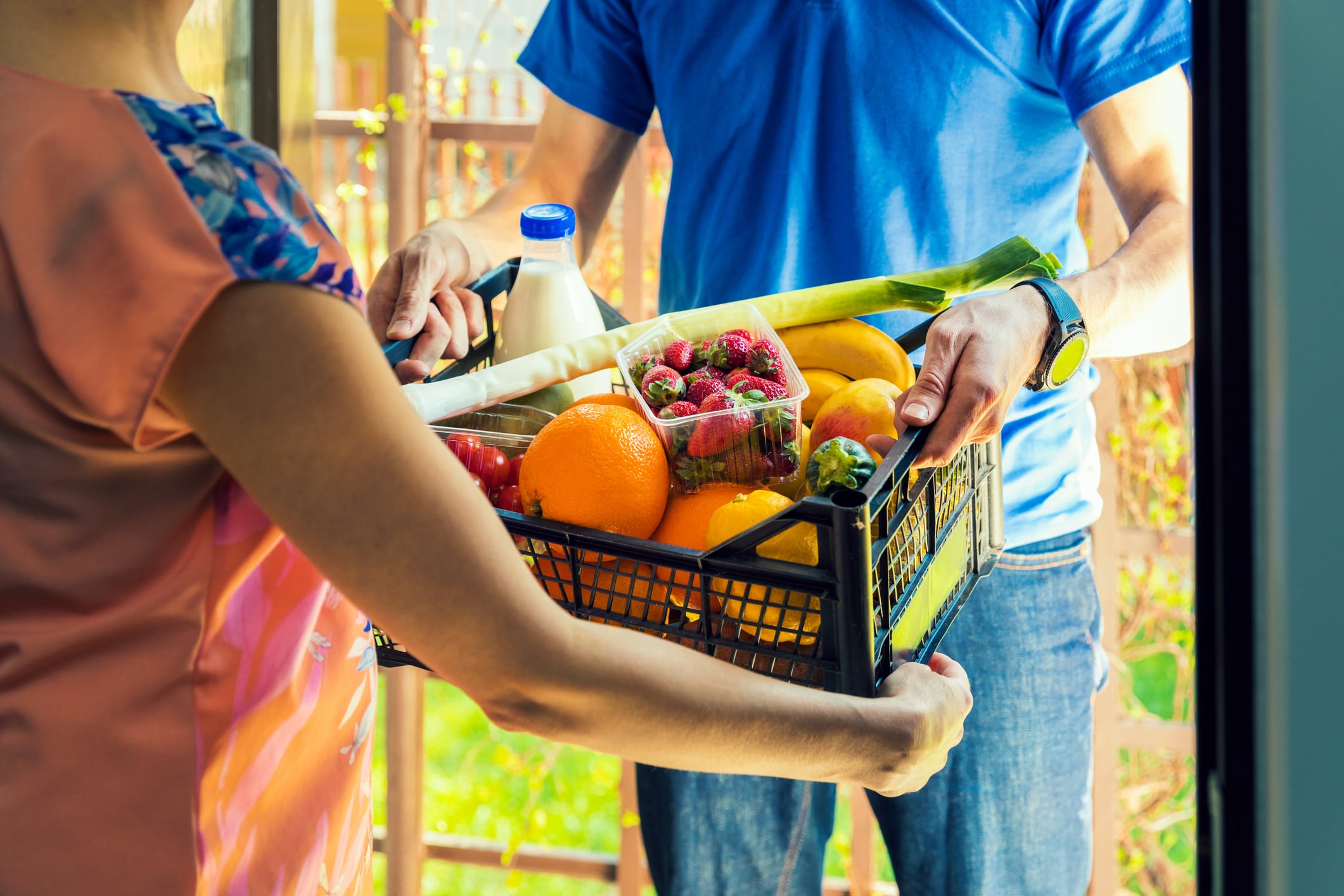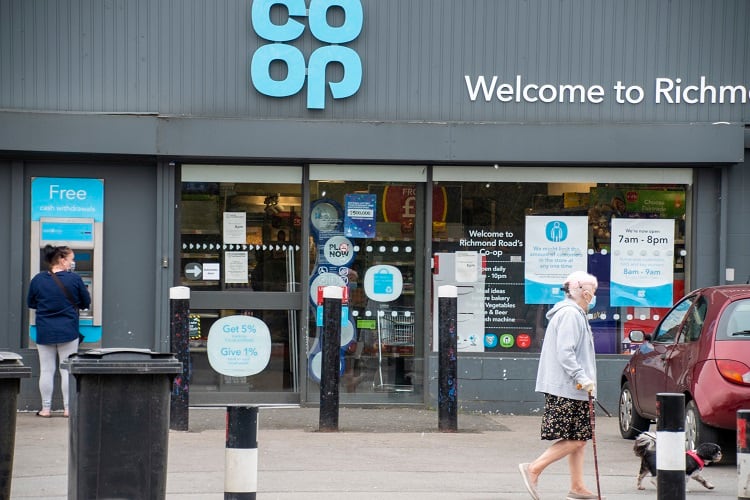On top of the confidence about the prospects for the frozen food revival, despite the news of the vaccine potentially deflating the sector’s COVID-inspired sales lift, commenters remain bullish too about the outlook for online shopping.
Earlier this week the share prices of Ocado and Just Eat dropped after Pfizer/BioNTech announced a vaccine that is 90% effective in stopping the coronavirus. Both companies had seen a drastic rise in value after winning increased customers during this year’s pandemic.
This doesn’t mean the online surge can be written off, though. “We've gone through a revolution in online in the UK last year,” noted Clive Black, an equity analyst at Shore Capital. He believes that, on top of the question marks that hang over the success of any vaccine, the crisis has produced a permanent shift in many consumer behaviours. One is the move to online food shopping.
The sector had been renowned for failing to live up to expectations. Hopes were high back in 1997 when Tesco unveiled its online channel. But online shopping had consistently struggled to move away from a niche appeal. Then came COVID. “It took 23 years for grocery online grocery in the UK to reach of sales participation of 7%,” said Black. “It took roughly 23 weeks to go to 15% through the pandemic.”
Now, with working from home and new attitudes to hygiene permanently entrenched in peoples’ psyches, the sector’s here to stay he said.
In the UK, a record-breaking 5.9 million people now shop for groceries online. Online sales shot up by 91% in the four weeks to 14 June 2020, and demand for online groceries has continued to rise since then. Kantar’s figures show a rise in online grocery sales of 77% year-on-year in the four weeks to 6 September 2020. Online now accounts for 12.5% of total sales in the UK, with the cumulative increase in orders since the March lockdown began amounting to £3.2 billion.
“For the risk averse who don’t want to go to shops, online is absolutely where they're centring their grocery retailing. And then there is a body of people now who are working from home who find it more convenient to have [online shopping],” observed Black.
Partly thanks to a more risk averse population, the UK’s big four supermarkets anticipate sales growth of between 100% and 110% in online sales growth over the last seven or eight months. Sainsbury’s expects its online sales participation to have grown from 7% to 18% during the pandemic.
Black doesn’t expect this more risk averse population that’s also working from home to structurally fall back. “There might be a bit of slippage over the next 12 months, but if we were having this conversation in November 2021, I think we'll be still talking about online gross participation of around 15% and the industry has been transformed.”
He added that the that the economic returns of online grocery have also been positively revolutionized too.
"The superstores in particular are using their existing asset base to facilitate this a step up in sales. And what that means is their asset intensity has gone up and along with improved capabilities around store picking and greater drop densities, we've now got a really adjusted industry. Online is undoubtedly one of the key takeouts of the growth of UK grocery sector in 2020.”
Manufacturers also report a growing shift in their online custom. Nomad Foods Chief Executive Officer Stéfan Descheemaeker told investors earlier this week: “Online has been an incredible success story for us, especially this year. Nomad reported sales online growing from 10-12% range in 2018 and 2019 has accelerated to nearly 100% since the onset of COVID. As a result, online sales now represent 8% of our sales mix, versus 5% at the end of 2019.”
'Consumers have been permanently converted to the convenience of online'
The online grocery shopping is here to stay even when normality return, believes Mark Rogers, vice president of growth at Northfork, which provides recipe shopping technology to online retailers.
“A number of commentators have speculated that the widely yearned for return to normal will see the legions of new online shoppers evaporate like mist on a spring morning and that consumers will flock back to the aisles,” he said. “This view fed into Ocado’s devaluation. But let’s get some perspective. Ocado’s stocks have risen more than 150% since March… it doesn’t change the fact that the online shopping boom is here to stay.”
According to Rogers, retailers are ‘preparing themselves for the new world of online grocery shopping’ and ‘preparing to provide customers the best omnichannel experience regardless of platform to connect, engage and drive loyalty and growth’.
“While growth will slow when we return to normality,” he said, “more consumers have been permanently converted to the convenience of online. Those retailers that can keep them engaged with better online experiences will be the long-term winners in the move to online grocery.”




